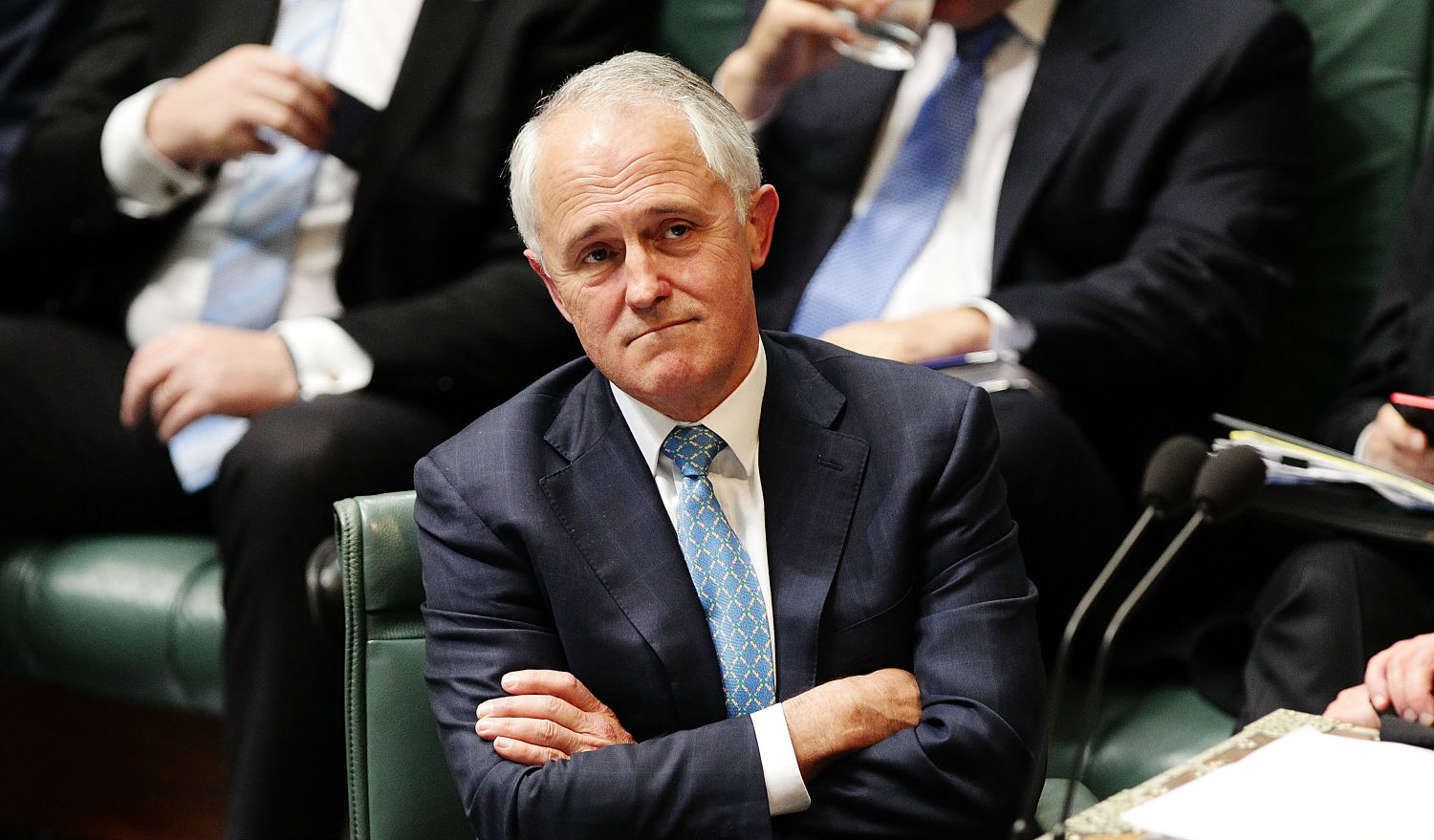Australian Labor may block equal marriage public vote

Australian Labor Party leader, Bill Shorten, has said he hopes to bring in same-sex marriage without a public vote.
Mr Shorten said he wants to hold Prime Minister Malcolm Turnbull to his conscience and support a bill to introduce marriage equality, without forcing the public to the polls.

The leader, who was returned to the seat of Maribyrnong in Victoria, has hinted that he will bring in a private member’s bill to legalise same-sex marriage when parliament returns.
Speaking to reporters on Monday, he said: “Let’s see what we do when we get back to parliament, but I remain completely committed to the view that the quickest and easiest way to deal with the debate on marriage equality is have a parliamentary vote.
“I think Mr Turnbull needs to pick up one of the lessons from this election…the more you stick to your own conscience and what you believe, the better this country will run.”
The Labor Party has opposed holding a national vote on marriage equality because it has said it would be “destructive and homophobic”.
In other news:
- Westboro Baptist Church recruits Pokémon in fight against LGBT community
- Scientists declare ‘the end of AIDS’ as a public health issue in Australia
- New Zealand may not reverse historic gay sex convictions after all
However, newly elected Liberal MP, Trevor Evans, who is openly gay, said that a plebiscite is “totally worth it”.
“I think a plebiscite offers us a great future, like it did in Ireland, of comprehensively putting this issue to bed in a way where the community completely owns the result and politicians just have to toe the line,” he told ABC radio.
Malcolm Turnbull has promised to hold a plebiscite by the end of the year and although in favour of allowing same-sex couples to marry, is believed to have campaigned for the national vote in order to win over more conservative members of his party, the Liberal National Coalition (LNC).
With the majority of voting now finished in the rare double dissolution election, the Labor Party has conceded the LNC will be the biggest party and form the next government. However, experts have still predicted it to fall short of a majority – gaining around 74 seats – and will need to rely on smaller parties and independents to see legislation pass.
The Labor Party will be the second biggest party with 66 seats won and five more in contention.

